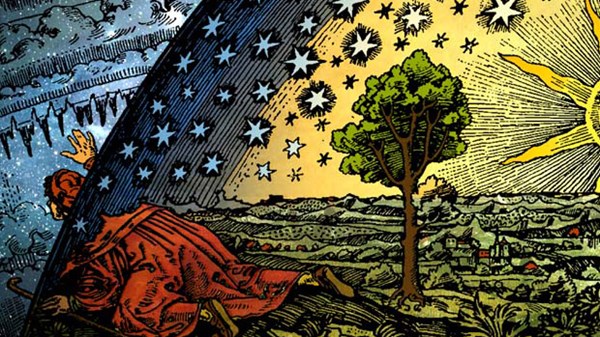
How (Not) to Be Worldly: Tracing the Borders of the 'Earthly City'
What the ancient phrase can teach today's Christians about our attempts at cultural transformation.

8.23.12
I often hope that my office is haunted. You see, I inhabit a humble corner of cinder-blocked space, with a tiny sliver of window, that was once home to one of my role models: Rich Mouw. Longtime president of Fuller Theological Seminary, Rich made his ...
read more ...






Comments Are Closed
Displaying 1–1 of 1 comments
See all comments
J Thomas
We should be pragmatic about "the world". But first we need to define what "the world" is. It is a collection of fallen people, their systems of culture and government, and all of their fragmented senses of good and evil. Their social systems come mainly through non-Christian attempts at keeping societal order. Fortunately for us in America, our founding fathers saw the importance of placing God above the government. So they subjected the law to restriction, confining it and keeping it out of the church. They banned it from breaching the door. That is incredibly rare, and what a gift it was to us. They wanted us to build our culture for ourselves, not to dictate it from a government throne on high. So the responsibility falls on each of us individually to allow ourselves to become vessels for Christ to the world...our immediate world. Otherwise the world will never know Christ, and we won't be doing our part to fulfill the great commission.